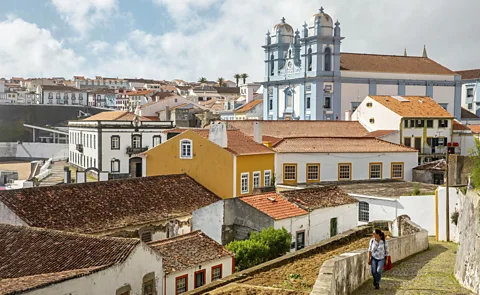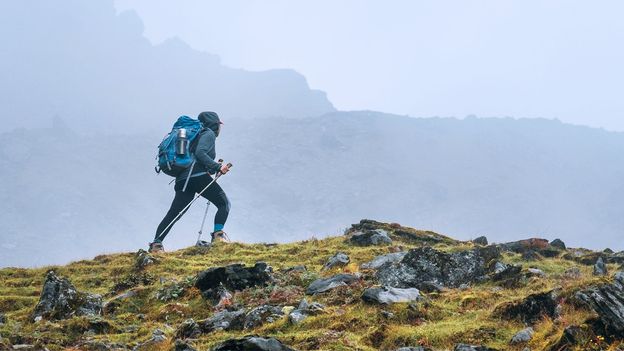That line – we just don’t know anymore – feels far too familiar. It creeps up in my travels, in conversations with local guides and increasingly in academic studies. Stanford researchers, for instance, have found that warming trends may be making even short-term predictions less dependable. Why then, is this reality often missing from travel advice and planning?
 Alamy
AlamyPart of the problem lies in how information flows – or doesn’t. Shrestha notes that in large tour operators, siloed teams often mean the person selling a trip has never set foot in the destination. “So when it comes to critical details like current weather conditions, or even basic advice like ‘bring a mask because of the pollution’, they either don’t know or don’t think it’s necessary to share,” she says.
There’s also a fear of scaring off potential bookings – a risk some companies aren’t willing to take. But omitting climate realities has consequences: travellers arrive unprepared; experiences suffer; and local businesses and reputations take a hit. “There’s nothing wrong with wanting to make money,” Shrestha says. “But are you treating customers like numbers, or are you guiding them into a thoughtfully curated experience, with transparency?”
More like this:
• Can Europe beat the overtourism crisis?
• Why these new tourist taxes may be a good thing
• Are ‘the world’s most beautiful islands’ in danger?
This gap between what’s expected and what’s real is further compounded by traveller perceptions. “They don’t build an idea of a place based on reality, but an idealised version, and it doesn’t get updated,” says travel writer and journalist Laura Hall. Part of it stems from a reluctance to accept that some travel experiences simply aren’t the same anymore. Social media deepens this dissonance, with curated destination reels rarely revealing the season when they were filmed. Timing adds yet another layer of complexity, since most people book trips months in advance. “It’s unlikely you’ll be scrolling through news articles while booking and stumble upon a warning that it’s going to be over 40C,” Hall says.

